NeoFace: how police face-detection software works
From Facebook to the FBI, facial recognition software is everywhere – but is it a 'critical threat' to our privacy?
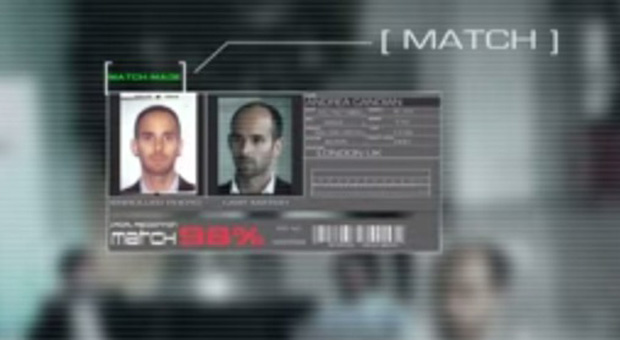
A free daily email with the biggest news stories of the day – and the best features from TheWeek.com
You are now subscribed
Your newsletter sign-up was successful
Police in Leicestershire are trialling a face-detection system that can automatically identify suspects, provoking warnings from campaigners that such systems pose a "critical threat" to privacy.
NeoFace is a new form of biometric identification which police say can improve efficiency and deliver justice more quickly. If the six-month trial proves successful, the system could be rolled out to police forces across the country.
However, the increasing use of various recognition systems, used in conjunction with CCTV or even social media, has caused concern among civil liberty campaigners.
The Week
Escape your echo chamber. Get the facts behind the news, plus analysis from multiple perspectives.

Sign up for The Week's Free Newsletters
From our morning news briefing to a weekly Good News Newsletter, get the best of The Week delivered directly to your inbox.
From our morning news briefing to a weekly Good News Newsletter, get the best of The Week delivered directly to your inbox.
How does NeoFace work?
The software works by identifying two key elements of the face – geometry and texture – according to the BBC. It then uses an algorithm to compare markers such as the distance between the eyes or the colour of the skin to compare photographs on an existing police database.
Advantages of the system:
- Time saving
Using facial recognition software instead of manually comparing mugshots could save police officers "tens of thousands of hours of work", according to Chief Inspector Chris Cockerill, and will mean justice is delivered faster.
A free daily email with the biggest news stories of the day – and the best features from TheWeek.com
- High success rate
According to the maker, the software offers a "high degree of accuracy" even when analysing low-resolution images such as CCTV. Leicestershire police say a positive match was made in seconds "45 per cent of the time", according to the Daily Telegraph.
"It is amazing to be able to sort through 92,000 images in a matter of moments and it is going to be such a useful tool to officers out on the street, from low-level crime like shoplifting to murder scenes", said Hilary Gazzard, identification officer at Leicestershire Police.
Where else is this type of technology being used?
Facial recognition software is already widely used internationally, with many airports using the technology at border controls. The FBI gathers biometric data on millions of people as part of its Next Generation Identification (NGI) programme in order to 'protect national security'.
Facebook has been using basic software to suggest tags for photos and is set to introduce a more sophisticated version called "DeepFace", which can supposedly "almost match" the human brain's ability to distinguish between faces.
The software has also been used in targeted advertising for specific ages and genders, most recently in Tesco garages by Amscreen. Simon Sugar, CEO of the digital advertising company admitted that it sounded "like something out of Minority Report", but said that it would "change the face of British retail", according to the Guardian.
Civil liberty concerns
The software poses a "critical threat" to privacy, according to civil liberty campaigners. They raise the issue of consent, saying that people's data are being recorded without their permission and without giving them the opportunity to opt out.
The technology requires urgent regulation "while we still have a shred of privacy left", argues Dr Noel Sharkey, emeritus professor of artificial intelligence and robotics at the University of Sheffield.
-
 Local elections 2026: where are they and who is expected to win?
Local elections 2026: where are they and who is expected to win?The Explainer Labour is braced for heavy losses and U-turn on postponing some council elections hasn’t helped the party’s prospects
-
 6 of the world’s most accessible destinations
6 of the world’s most accessible destinationsThe Week Recommends Experience all of Berlin, Singapore and Sydney
-
 How the FCC’s ‘equal time’ rule works
How the FCC’s ‘equal time’ rule worksIn the Spotlight The law is at the heart of the Colbert-CBS conflict
-
 FBI bars Minnesota from ICE killing investigation
FBI bars Minnesota from ICE killing investigationSpeed Read The FBI had initially agreed to work with local officials
-
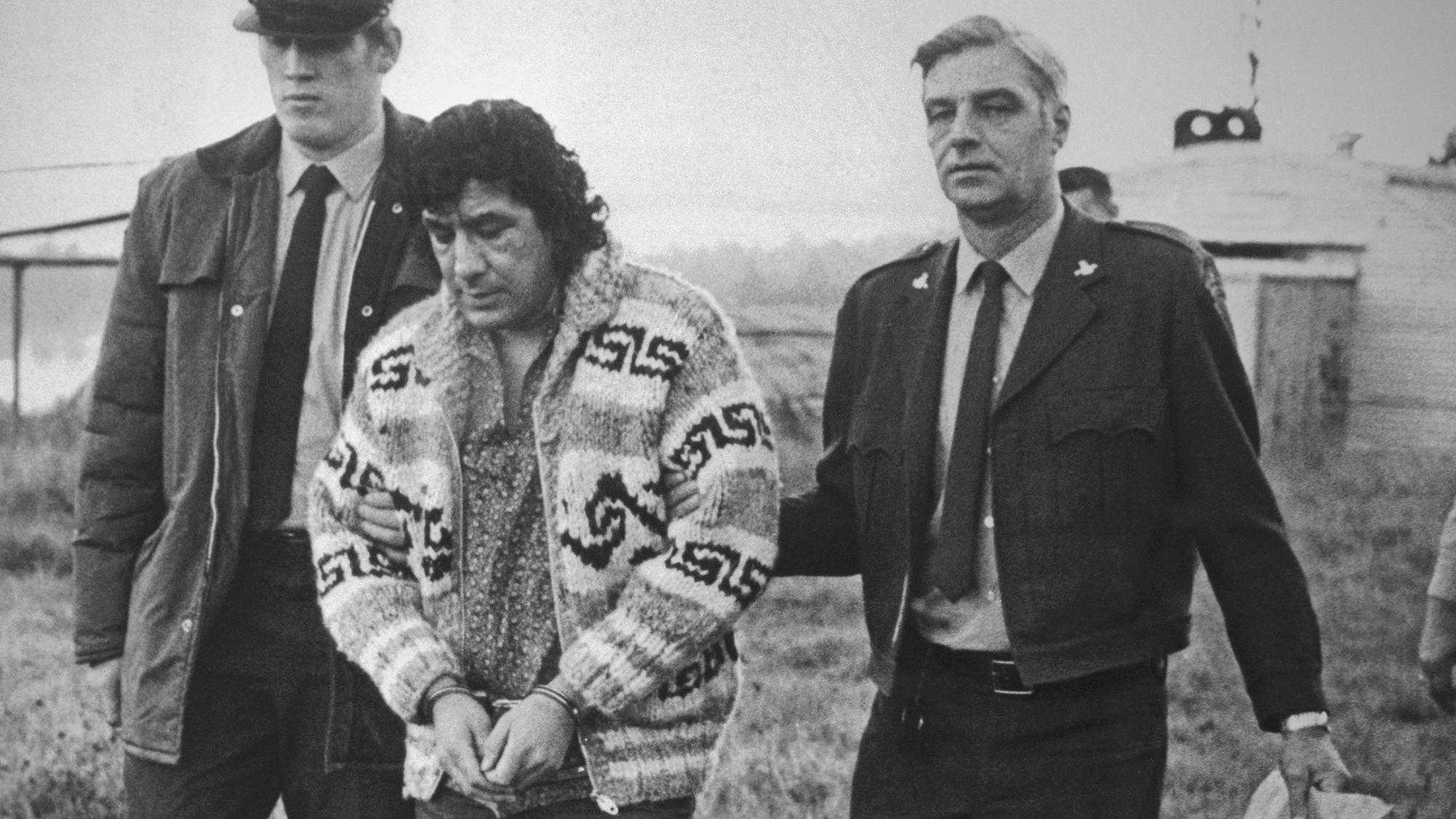 Leonard Peltier released from prison
Leonard Peltier released from prisonSpeed Read The Native American activist convicted of killing two FBI agents had his life sentence commuted by former President Joe Biden
-
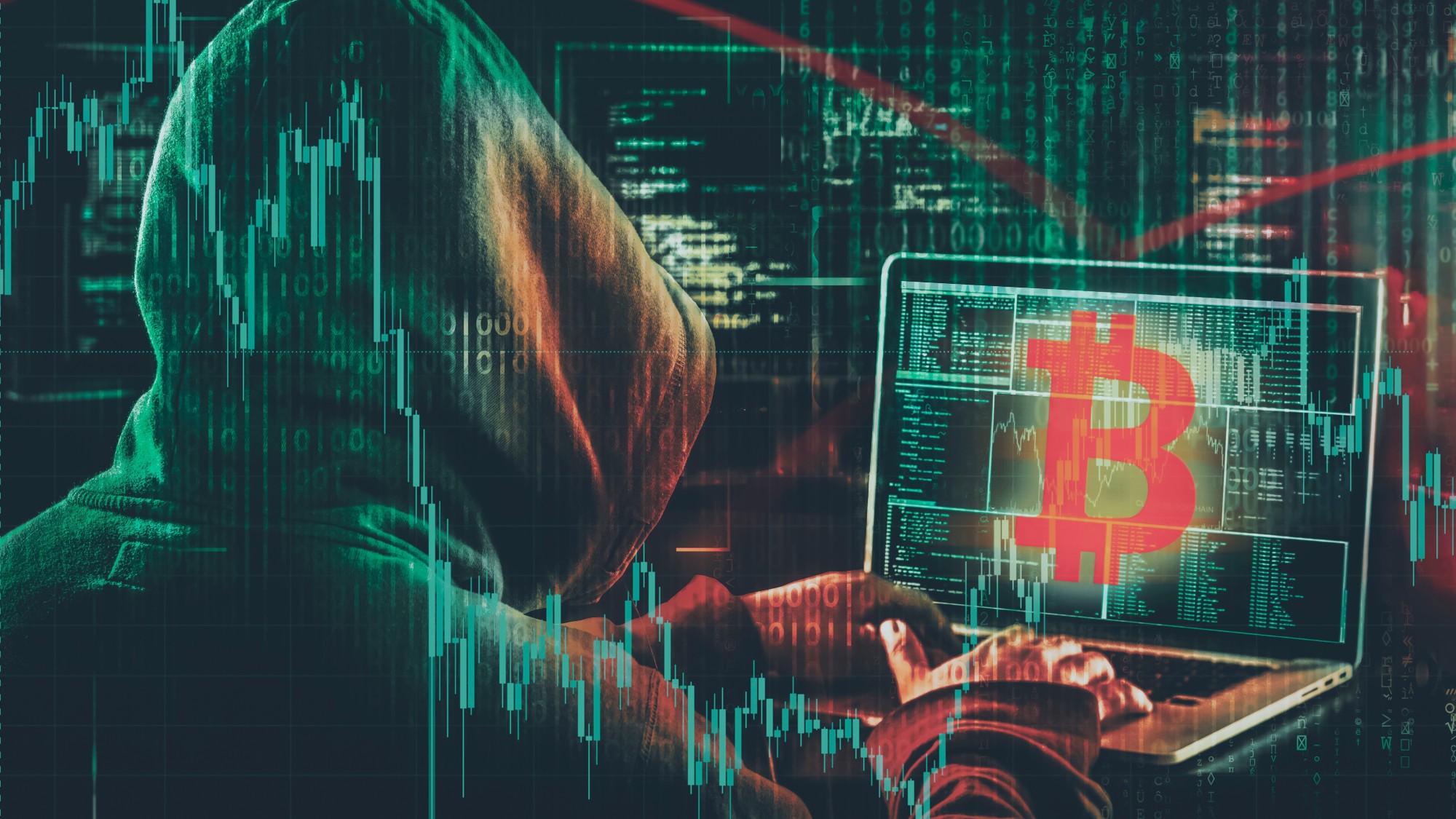 Pig butchering: one of the world's fastest growing scams
Pig butchering: one of the world's fastest growing scamsIn the Spotlight Beijing is cracking down on the crypto con but this has only pushed it worldwide
-
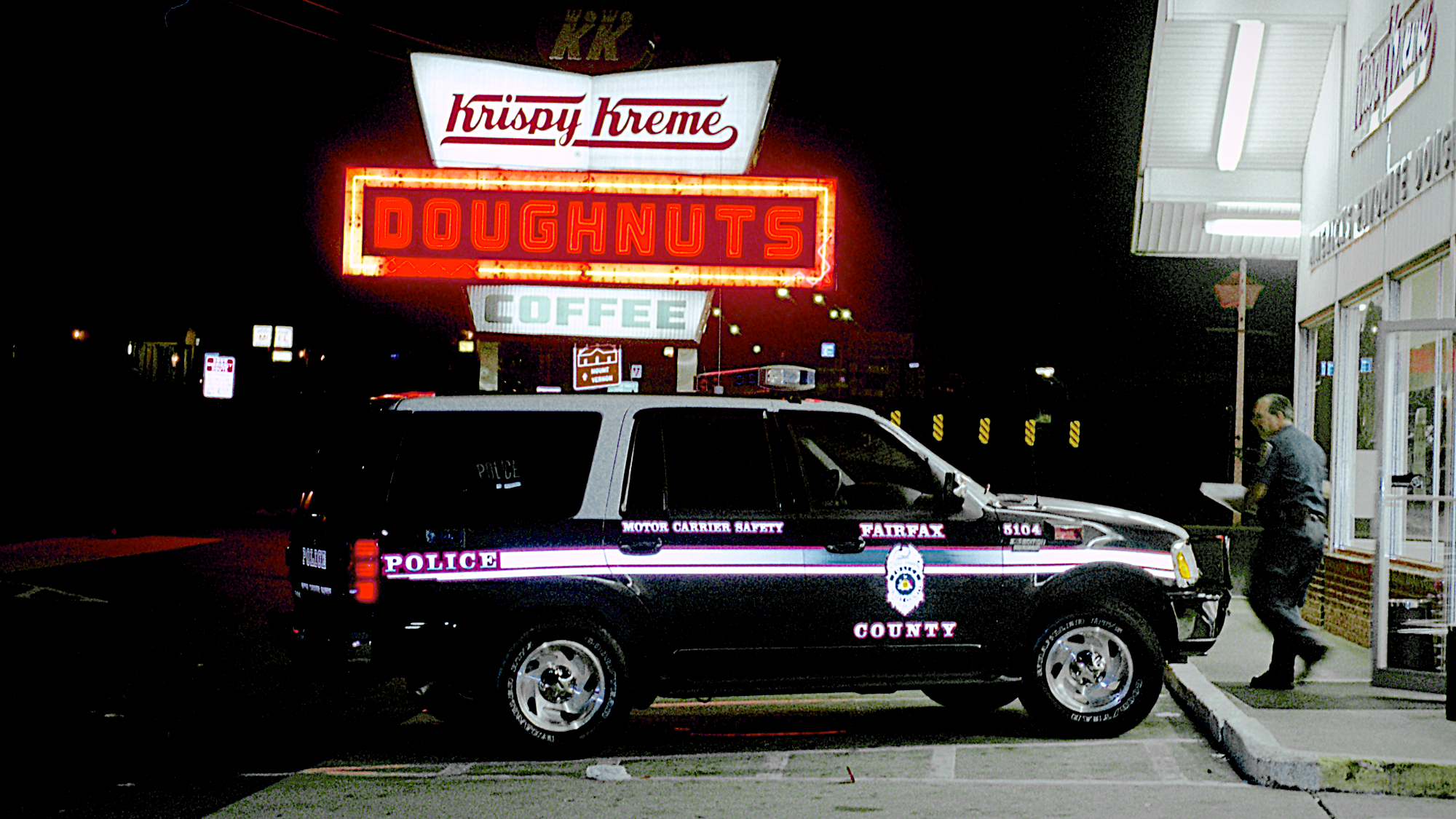 FBI: US violent crime falls again, hits pre-Covid levels
FBI: US violent crime falls again, hits pre-Covid levelsSpeed Read A wide-ranging report found that violent crime dropped 3% in the last year, while murder dropped 11.6%
-
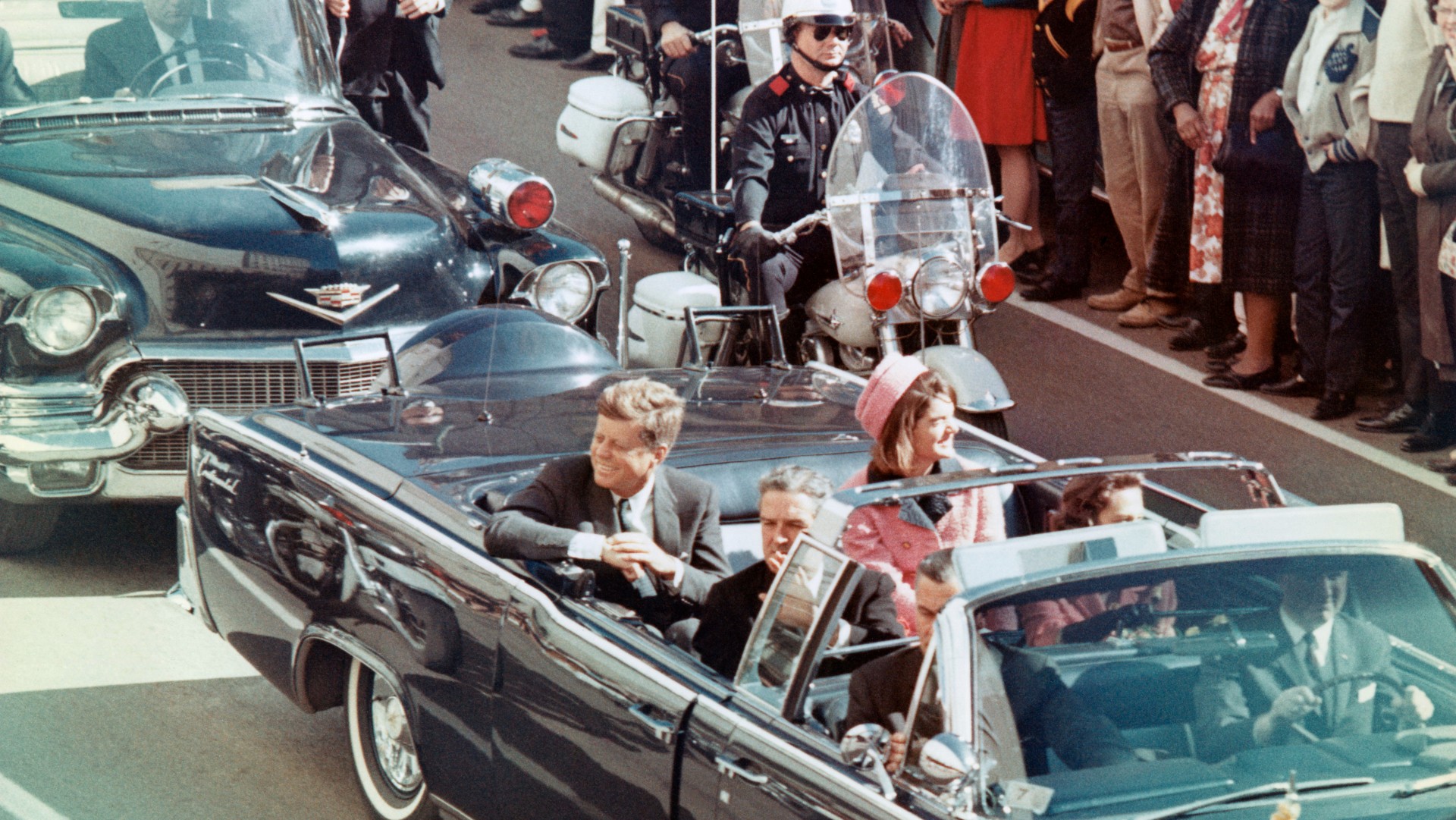 Why have the JFK assassination files been kept secret for so long?
Why have the JFK assassination files been kept secret for so long?In Depth Joe Biden is set to finally release thousands of documents this week despite pressure from CIA and FBI
-
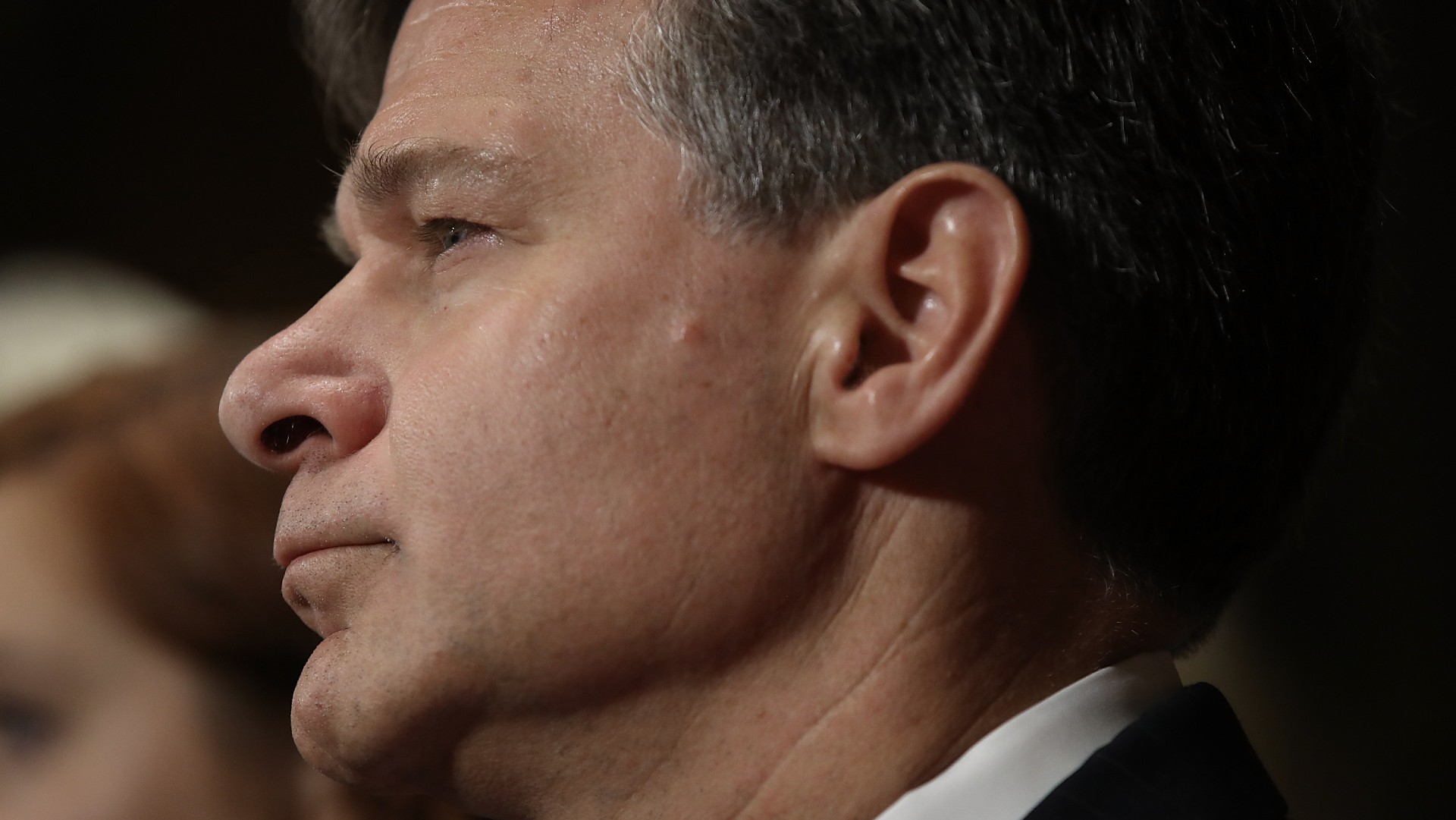 Was attempted FBI break-in linked to the Donald Trump Mar-a-Lago raid?
Was attempted FBI break-in linked to the Donald Trump Mar-a-Lago raid?Speed Read A 42-year-old man was killed after reportedly trying to enter an FBI office in Ohio
-
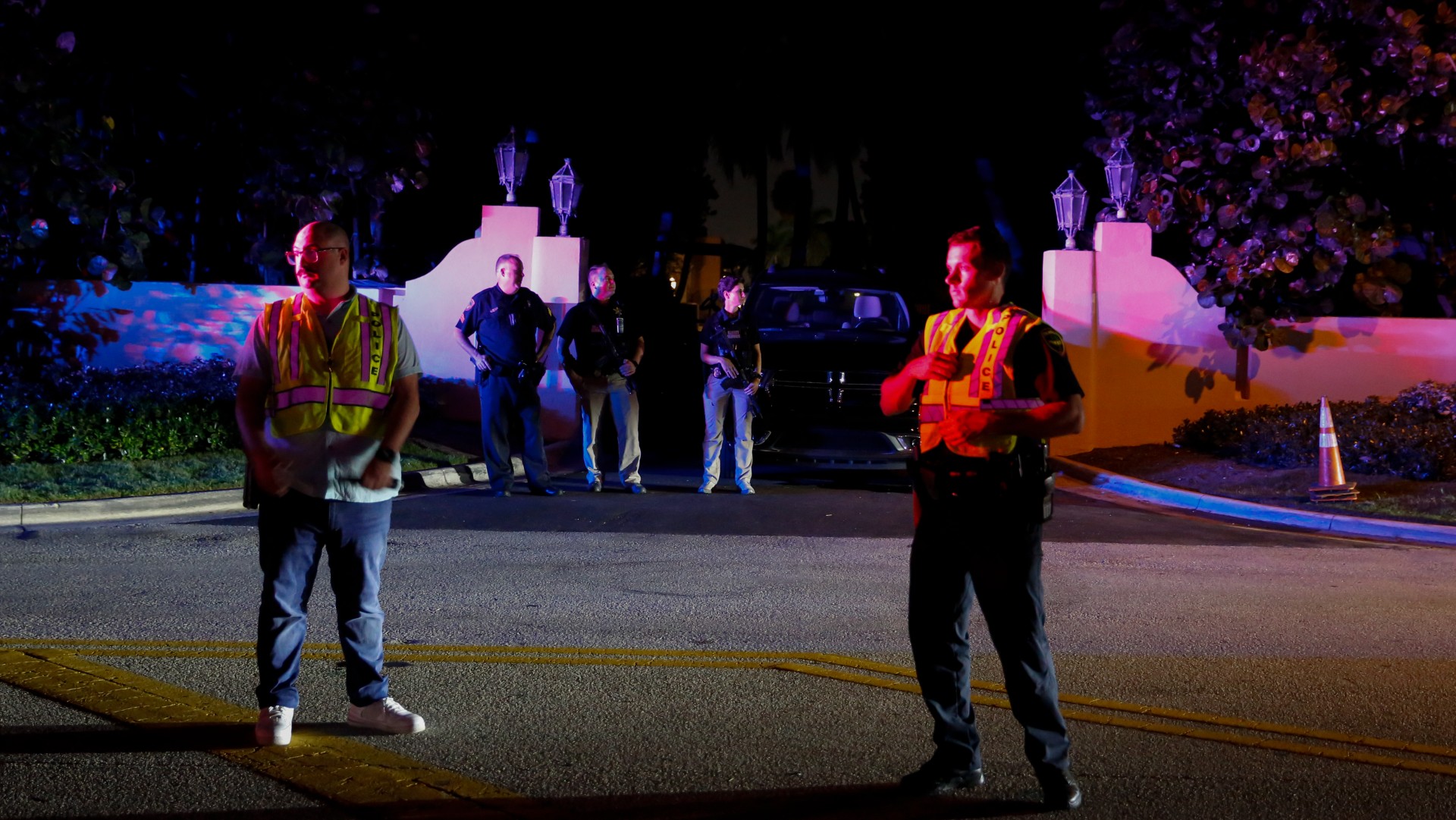 What was the FBI looking for in Donald Trump’s Mar-a-Lago estate?
What was the FBI looking for in Donald Trump’s Mar-a-Lago estate?Today's Big Question Raid on former president’s Florida home described as ‘extraordinary, historic development’
-
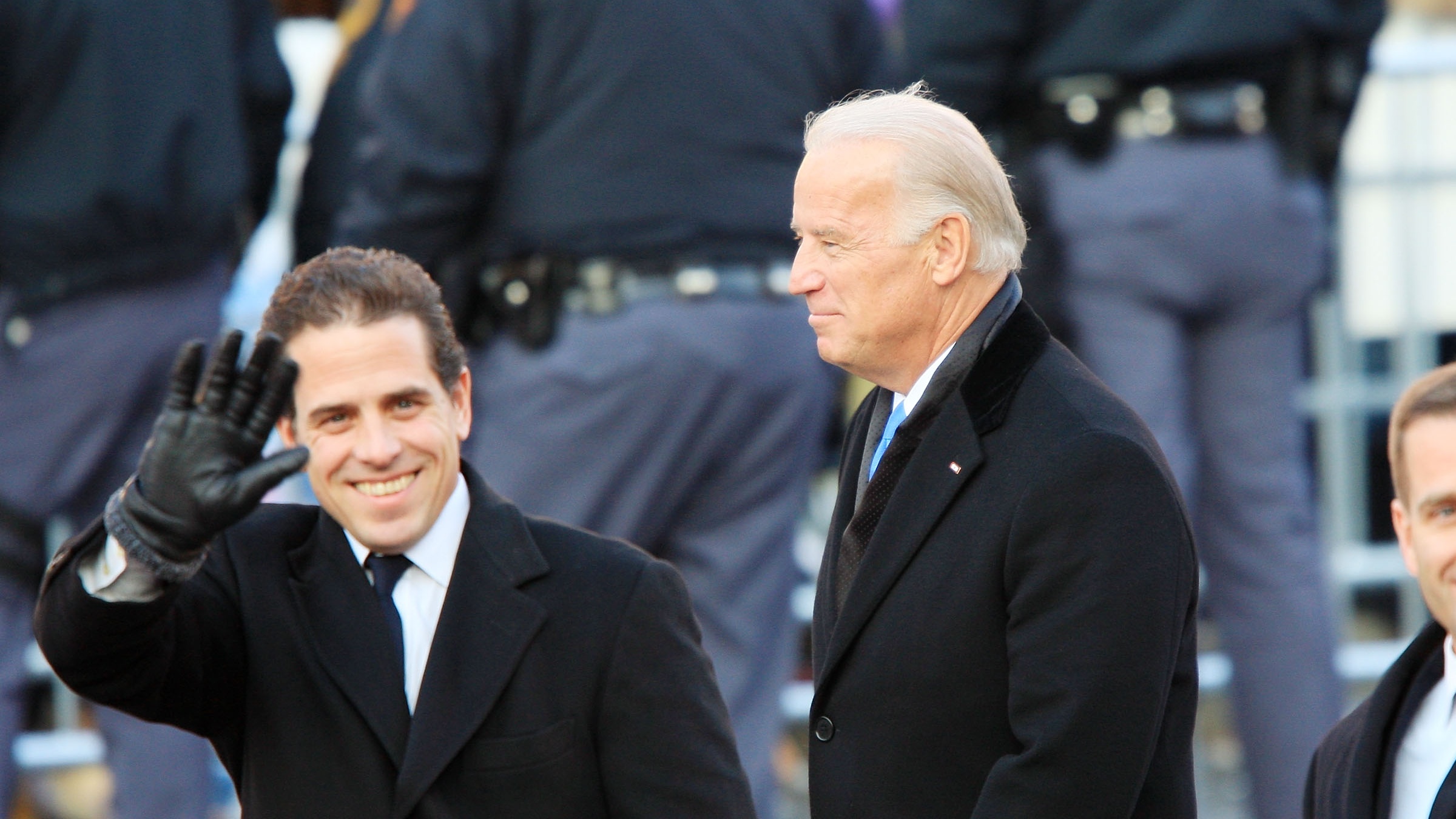 Laptop belonging to Joe Biden’s son linked to FBI money laundering probe
Laptop belonging to Joe Biden’s son linked to FBI money laundering probeSpeed Read Subpoena indicates that contents of Hunter Biden’s computer are being scrutinised in financial case